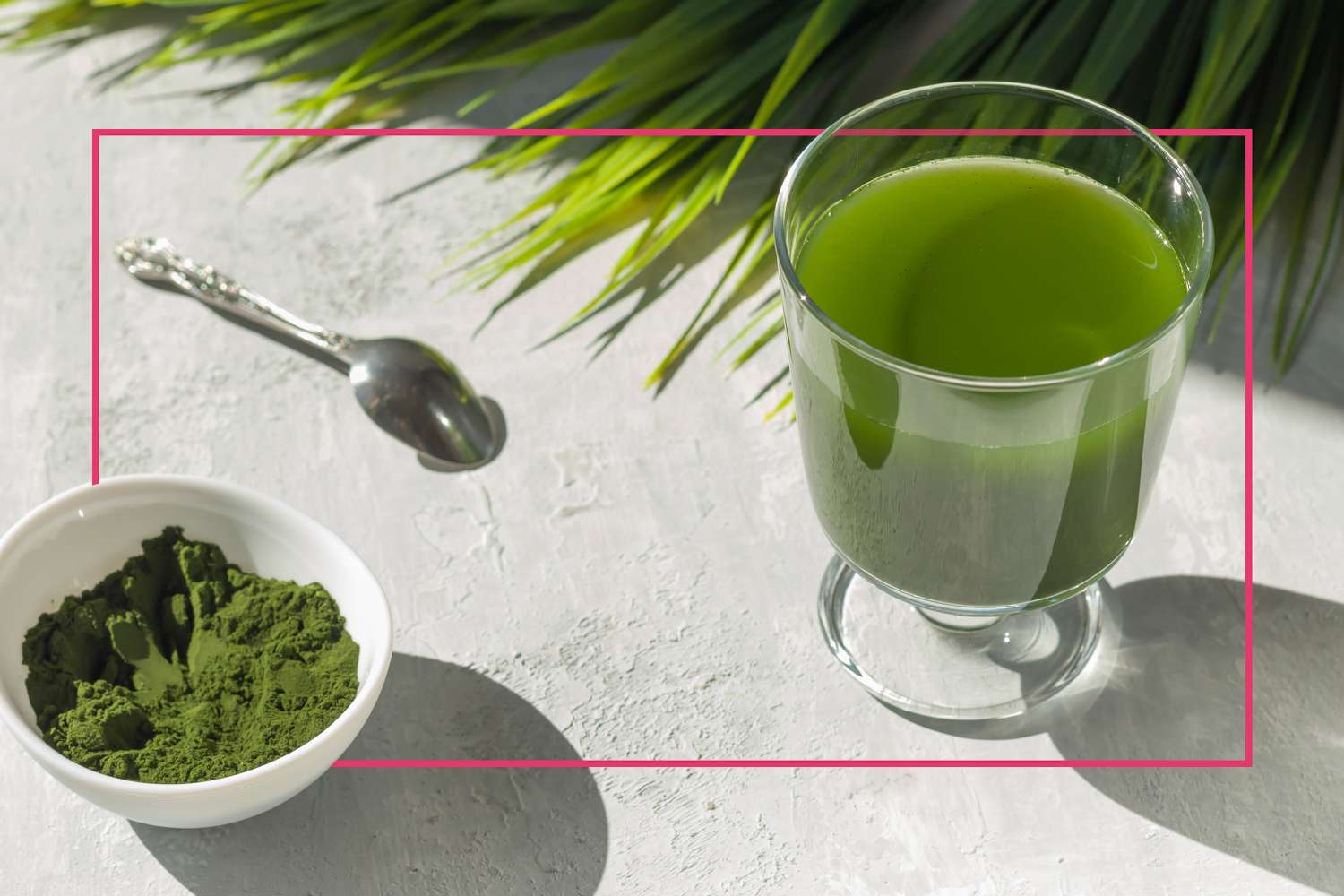Are Greens Powders Effective?

It shouldn't come as a big surprise that greens powders have been gaining popularity over the past few years. After all, they're all over TikTok and Instagram, and plant-based products, in general, are more popular than ever before — and show no signs of slowing down. In fact, according to a market research report, sales of green powders are expected to rise from $279.32 million in 2023 to $447.04 million by 2030.
But just because something is plant-based and regularly crowding store shelves doesn't mean you should necessarily buy it. And in the case of greens powders, there may be more to unpack than you may realize so you can make a decision that's right for you. Here, with the help of seasoned nutrition pros, we dig into the pros and cons of greens powders and answer the question on everyone's mind: Are greens powders a waste of money, or can they actually improve your health?
Greens powders are a type of powdered dietary supplement made by combining dried or blended plants or plant extracts. A few of the more common ingredients found in greens powders include spirulina, wheatgrass, kelp, and green tea extracts. But what makes these greens powders so appealing?
“Superfoods often translate into super sales that have created a billion-dollar industry,” says Patricia Bannan, MS, RDN, a registered dietitian and author of From Burnout to Balance. “Many consumers see food as medicine, and they are willing to pay more for foods touted to prevent certain health problems.”
Because many greens powders are made with plant-based foods like fruit and vegetables, consumers already perceive them as health-promoting. What's more, folks are drawn to greens powders due to the “desire for a quick-fix approach” to help fill potential nutrient gaps and to enhance overall health quickly and easily, says Ginger Hultin, MS, RDN, CSO, the owner of Ginger Hultin Nutrition and author of the Anti-Inflammatory Diet Meal Plan.
Although the composition of greens powders varies between brands, typically, nutrients come from leafy greens, seaweed, grasses, and other vegetables. They may also contain antioxidant-rich fruit, probiotics, nutritional extracts, and herbs.
The overall nutritional value varies widely between brands depending on which ingredients they use in their products. However, many greens powders are rich in potassium, as well as vitamins C and K.
While vitamin K helps blood clot correctly and is needed for proper wound healing, potassium helps with water balance and muscle contractions, Hultin says. Additionally, many Americans don’t eat the recommended daily amount of fruits and vegetables, so the Vitamin C in greens powders could help support healthy skin and a healthy immune system, Hultin adds.
Greens powders may be right for some people in certain situations, especially if they have nutritional deficiencies. And while greens powders shouldn’t replace fruits and vegetables, Hultin says they can help supplement a person's diet with vitamins, minerals, and antioxidants — especially if they are struggling to get the recommended amount.
Additionally, if access to fresh produce is limited, like when camping, hiking, or traveling, a greens powder can be a smart solution. But canned and dried fruits and vegetables are also a good option in these situations. Talk with a healthcare provider to determine if greens powders are right for you.
Despite the potential nutritional value of greens powders, there are also several downsides to consider when deciding if one is right fFor you. Here are some potential cons to using greens powders.
When it comes to processing foods into powders, vitamins tend to be lost in the process due to factors like heat and oxidation. According to a report released by Consumerlab.com, most greens powder supplements provide only a small fraction of the recommended daily intake of fruit and vegetables.
Results showed that most greens powders typically contain between 2 to 10 grams of powdered fruits and vegetables. This is significantly below what is recommended, considering most adults should consume around 500 grams of fresh fruits and vegetables, or 50 grams of dried fruits and vegetables per day.
Further, Bannan says safety is a concern as well. “As with all supplements, the Food and Drug Administration (FDA) has not evaluated these greens powders for safety or efficacy…so you can’t always be sure what is listed on the label is what’s actually in the package, or that you’ll get the desired health benefits.”
Some greens powders could also contain potentially harmful compounds like heavy metals or other contaminants Hultin says. Regularly consuming high amounts of heavy metals can potentially lead to organ failure and other health issues.




